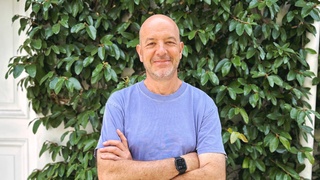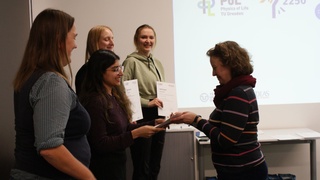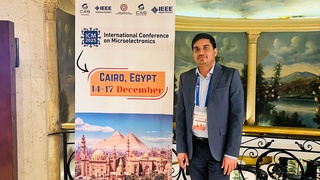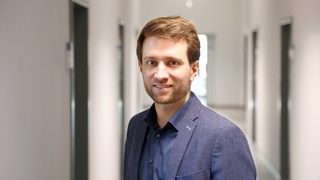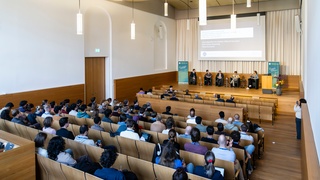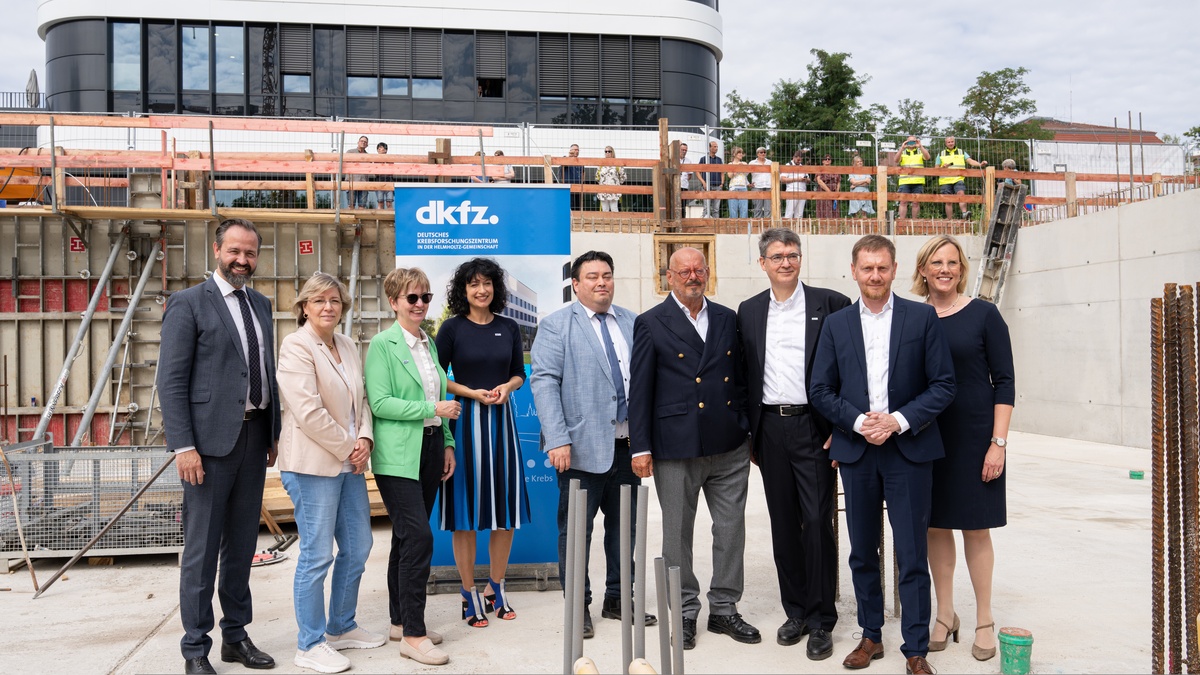 © Stephan Wiegand / UKDD
© Stephan Wiegand / UKDD
August 7, 2024
Saxony Sets Foundation for a New DKFZ Building in Dresden
Saxony invests significantly in cancer research, thus setting an important course in the fight against cancer. With the laying of the foundation stone for a new building for the German Cancer Research Centre (DKFZ) in Dresden on 23 July, the Free State is reaffirming its commitment to developing innovative prevention and treatment methods. Minister President Michael Kretschmer emphasized the excellent conditions provided by the highly respected medical infrastructure and renowned research centres in Dresden. Supporting the project with 20 million euros emphasizes the importance of this initiative for Saxony.
With the dedication of Fellow and Founding Director Stefanie Speidel, the new site of the German Cancer Research Centre (DKFZ) is being built on five floors and 1,350 square metres of floor space. The building houses and interlinks oncological research and cancer prevention in various areas. “In future, smart technologies for the prevention, diagnosis and treatment of cancer, such as intelligent sensors, robotics and AI, will be developed here, significantly strengthening cutting-edge oncological research in Dresden – which is the perfect location for this with its numerous research-intensive institutions,” explains Speidel. The focus is on bioengineering, a new concept that brings together sub-disciplines of engineering and physics with findings from biology and medicine in order to develop promising technologies for cancer prevention and oncology. This includes, for example, research into artificial intelligence, smart sensors and robotics, as well as the development of decentralised digital end devices for the technological improvement of cancer diagnostics and treatment. Another focus will be on the development and validation of innovative technological methods for personalised, risk-adapted cancer prevention and early detection.
A prevention research outpatient clinic inspired by the Heidelberg model will invite citizens to find out about cancer prevention options, determine their individual cancer risk and take part in scientific studies. The outpatient clinic is being set up as part of the National Cancer Prevention Centre, which the DKFZ and German Cancer Aid are currently establishing in a strategic partnership.
The building will also house the BioBank Dresden, where biomaterial from patients and healthy volunteers will be processed fully automatically and stored in nitrogen at temperatures as low as minus 180 degrees. At the same time, the expansion of the DKFZ's Dresden site, which was founded in 2019, can tie in perfectly with the patient-centred cancer research facilities that have been established in recent years. In Dresden, the DKFZ, together with university medicine and the Helmholtz-Zentrum Dresden-Rossendorf (HZDR), has established the Dresden site of the National Centre for Tumour Diseases (NCT) and the German Cancer Consortium (DKTK) as well as a branch of the DKFZ Cancer Information Service (KID).
Parallel to the construction of the new building, the scientific expansion of the DKFZ site in Dresden will continue, for example with the recruitment of professors and working group leaders in the fields of prevention as well as smart technologies and medical data sciences in oncology. Further working groups are to be set up on the topics of smart sensors, robotics, artificial intelligence and decentralised digital end devices in order to improve the diagnosis and treatment of cancer using state-of-the-art technologies. In order to create the space required for this, the new DKFZ building is to be extended in a second construction phase by an extension with a further 1,000 square metres of usable space once the necessary funding has been approved.
[cited from DKFZ press release; Grundsteinlegung für den Neubau des Deutschen Krebsforschungszentrums am Standort Dresden: Zukunftsträchtige Techniken für die Krebsprävention und Onkologie von morgen]
